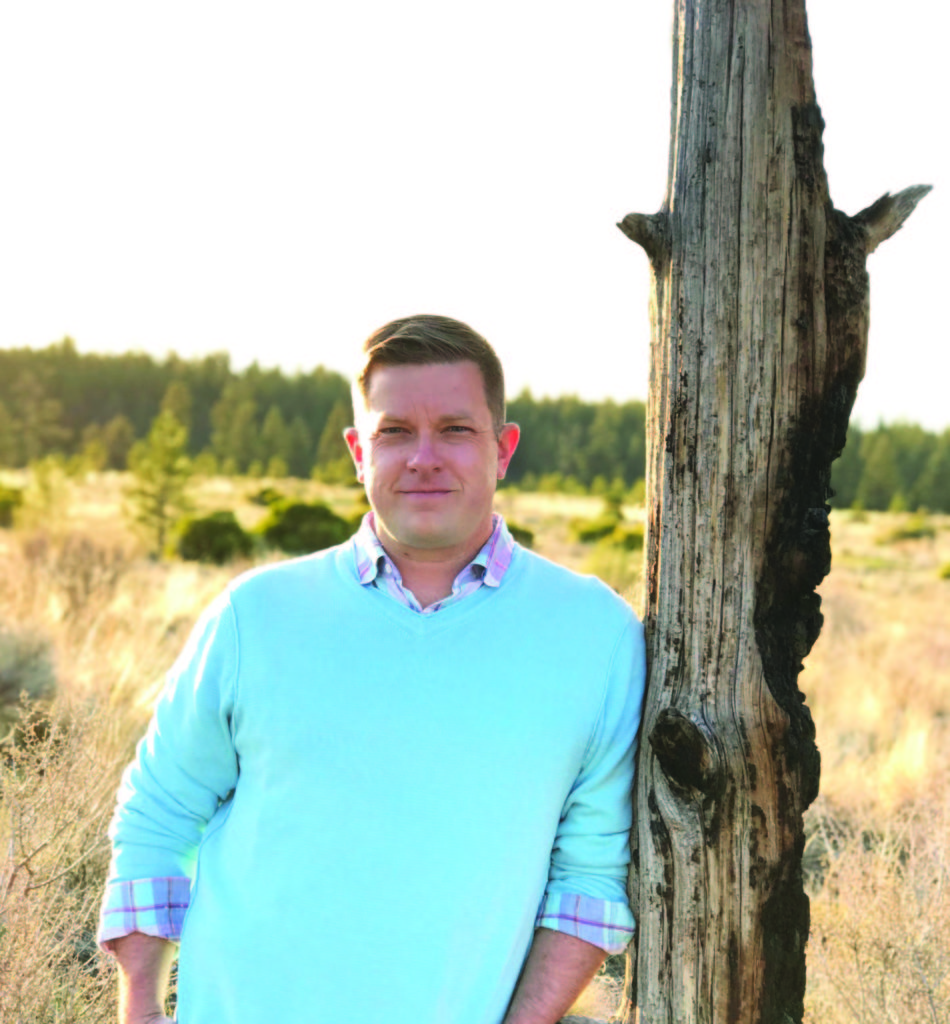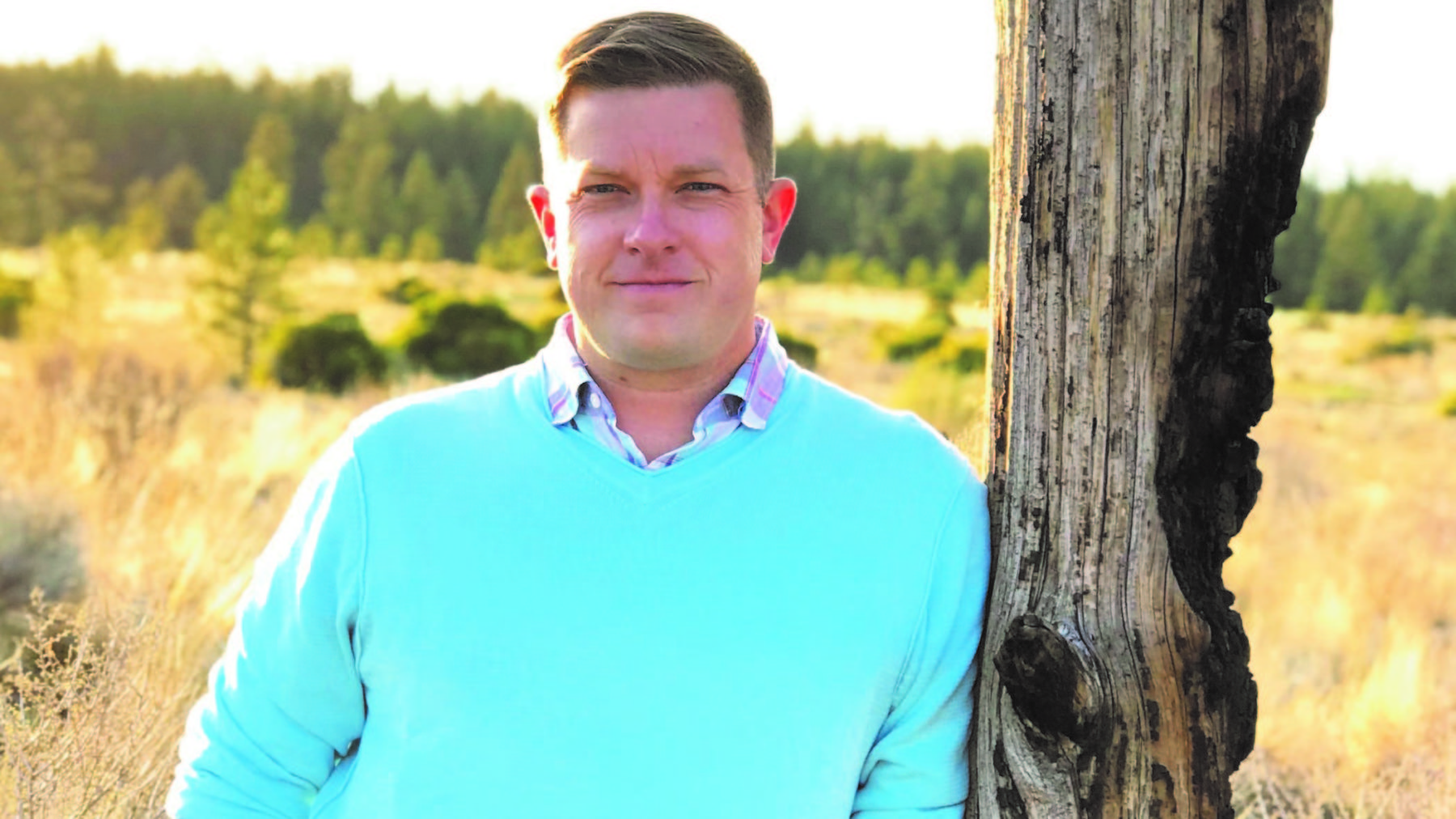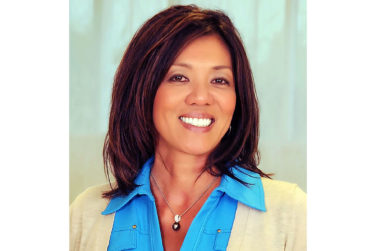Chris Schelling
CEO & Founder
Acer Therapeutics
 Developing Ultra-Rare Disease Treatments
Developing Ultra-Rare Disease Treatments
We live in the most wealthy and privileged nation in the world, and yet vascular Ehlers-Danlos syndrome (vEDS) patients are denied access to celiprolol, a medicine that is considered the standard of care in the rest of the world. For years, the medical community has overlooked or dismissed this agent—a medicine that has true potential to extend or save lives. Chris Schelling’s vision and motivation will hopefully change all that very soon.
Chris founded Acer Therapeutics to develop treatments for serious rare and ultra-rare diseases like vEDS and maple syrup urine disease (MSUD), which also currently has no U.S.-approved treatments. The company is currently working to obtain FDA approval for Edsivo (celiprolol), which is now in Phase III trials, for the treatment of vEDS. Meanwhile, the company’s ACER-001 is in Phase II trials for the treatment of MSUD and urea cycle disorders (UCDs).
Chris has more than 18 years of biotech and pharma strategic and orphan drug expertise. Prior to founding Acer, he was executive director of strategic marketing at BioMarin Pharmaceutical, where he was instrumental in the development and commercialization of the company’s phenylketonuria (PKU) franchise. Previously, he held roles at Abgenix, Cell Therapeutics, Stanford Research Institute Consulting, and Organon.
Chris is driven by his conviction and commitment to serving the unmet needs of the rare disease community. In just a few short years, Chris has channeled that drive not only to establish a new publicly traded company, but to galvanize the vEDS community, giving them the voice they never had before.
“Chris genuinely believes that taking care of patients as well as his employees will translate into meaningful outcomes for all,” says Matt Potter, VP, Group Account Director at precisioneffect. “He has embarked on a mission to ensure that everything Acer does will ensure access and affordability. He has not chosen the easy road, and he may never fully know the extent to which his actions have helped countless numbers of patients, but we will all be forever grateful for his leadership, risk-taking, and personal investment to better the lives of the underserved.”







